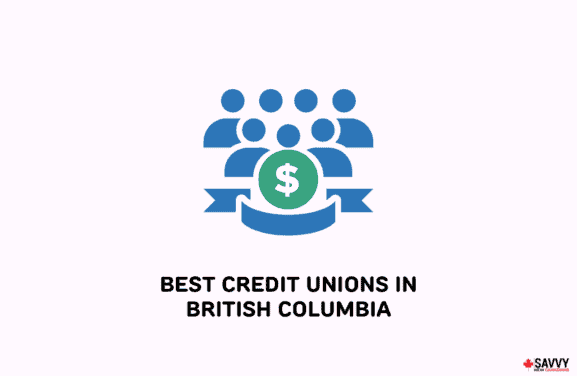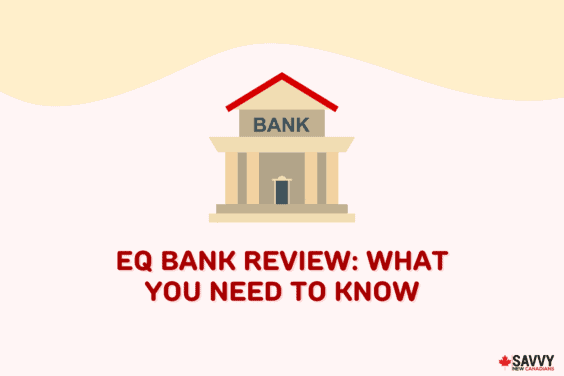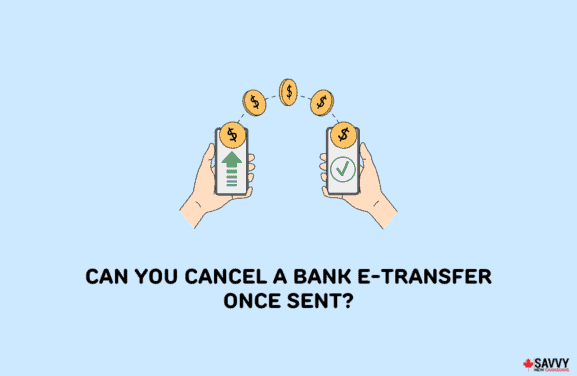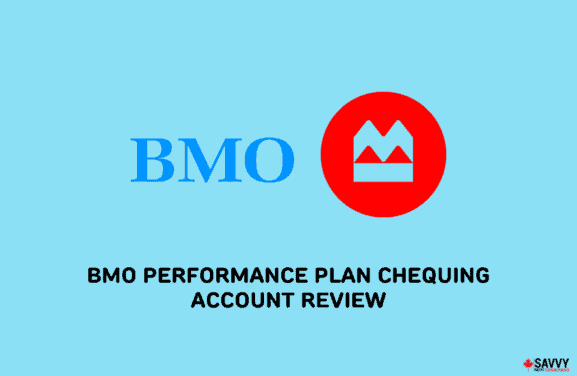
When you first arrive in Canada, you have to find a place to live, start a job, and learn about your new community. It’s a lot to get organized. Getting your money matters in order often starts with opening a Canadian bank account.
Canadian banks offer several products and services, including basic ones like chequing and savings accounts, credit cards, international money transfers, investments, mortgages, insurance, and more.
We recently connected with the Royal Bank of Canada as they offer one of the best newcomer banking packages available to new immigrants.
According to Amit Brahme, senior director of newcomer and cultural client segment at Royal Bank of Canada, the Canadian banking system is likely different from what you have in your home country. Whether the differences are small or significant, there are new things to learn.
Mr. Brahme offers the following primer for anyone new to banking in Canada:
Chequing account: People use chequing accounts to hold their funds for monthly and everyday expenses and often ask their employers to deposit their paycheques directly into these accounts. These accounts can sometimes come with monthly fees, but they may feature unlimited transactions in return.
Savings account: This account allows you to set aside extra money to build an emergency fund or save for a larger purchase, while also earning a small amount of interest on the balance. Keeping this money in a separate account from chequing is helpful so you don’t accidentally spend it. With limited monthly transactions, a savings account works in tandem with a chequing account.
Debit card: You can access your chequing and savings accounts at a bank or use your debit card at an automatic teller machine (known as an ATM). While this card looks similar to a credit card, and you can use it to buy directly from some stores, it’s not credit. When you pay with debit, the money comes directly from your account. Debit cards typically can’t be used for online purchases.
E-transfer: When you want to send money to someone with a Canadian bank account, you can use an Interac e-transfer. Find this service by logging into your mobile or web banking. It’s free with some bank accounts, while others charge a small fee for each transfer.
Pre-authorized debit: This is a useful feature for people who may forget to pay their bills on time. When you set up a pre-authorized debit, you give your bank permission to pay a certain amount to a certain account on a certain date. So, for example, you could set up a pre-authorized debit to pay your cellphone provider every month.
Canadian chequing accounts often come with monthly fees that vary depending on the package and perks you sign up for. That said, many newcomer packages like the RBC Newcomer Advantage waive this monthly fee for 12 months. These packages also include other discounts and offers to help you settle down financially.
Find more information about banking in Canada at rbc.com/newcomers.
This article was sponsored by the Royal Bank of Canada.



